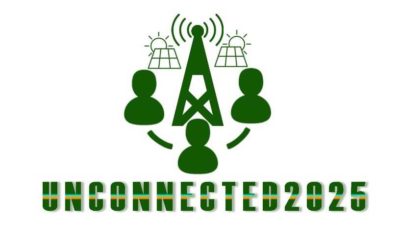Lack of political willpower and shortage of fund both connived to deny Nigeria the dream of meeting the digital migration deadline of June 17.
“The country’s leaders demonstrated no commitment and provided no fund to actualize the target,” the Head of the DigiTeam, Edward Amana, told the global audience that attended the just ended CTO Forum in Abuja. The DigiTeam is the Presidential Advisory Committee (PAC) set up to drive the migration process.
However, experts believe the target may not eventually materialize, as the country currently lacks the political will to drive the transition, even in another five years.
Angry and frustrated, Amana said the PDP governments of the late Musa Yar Adua and Goodluck Jonathan showed no political willpower and created no budgetary allocations for the digital switchover programme to take place. “We often went cap in hands to agencies such as the Nigerian Communications Commission to even embark on simple sensitization efforts. All of 2014 was dedicated to politics by the past government.”
Nigeria plans a new target date of December 2017 but that will only be feasible if the new national government now led by the former opposition party commits funding and willpower to the process.
Not only Nigeria failed to meet the June 17 switchover date set by the International Telecommunications Union (ITU) for member countries to migrate from analogue to digital broadcasting. Virtually all of Nigeria’s neighbours within the ECOWAS also failed to meet the deadline which has provided a somewhat soft landing for Africa’s biggest economy to work towards the 2017 new date.
The National Broadcasting Commission (NBC) which is responsible for country’s switch programme said the inability of Nigeria’s neighbours to meet the deadline has provided some sort of grace. The NBC notes on its website:
“In the digital broadcast environment, digital transmitters are protected from interference from signals coming from analogue transmitters. Therefore the main consequence is that if our analogue transmitters should interfere with the signals of any digital broadcast in any of our neighbouring countries, we can be forced by the ITU to shut down our own analogue transmitters. If, however, a digital transmission from any of our neighbours should interfere with any analogue broadcast in Nigeria, we do not get any protection. However, the chances of any of that happening are very slim since none of our neighbours is likely to meet the date.”































